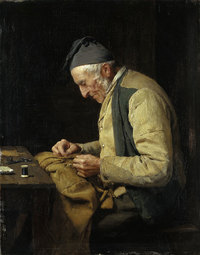#TwoUpbuildingDiscourses1844
Two Upbuilding Discourses, 1844
Soren Kierkegaard wrote the Eighteen Upbuilding Discourses during the years of 1843–1844. These discourses were translated from Danish to English in the 1940s, and from Danish to German in the 1950s, and then to English again in 1990. These
Read More..
by Søren Kierkegaard
Ratings
Likes
Reviews
Popularity
Ranks
This #hashtag is not ranked yet.






